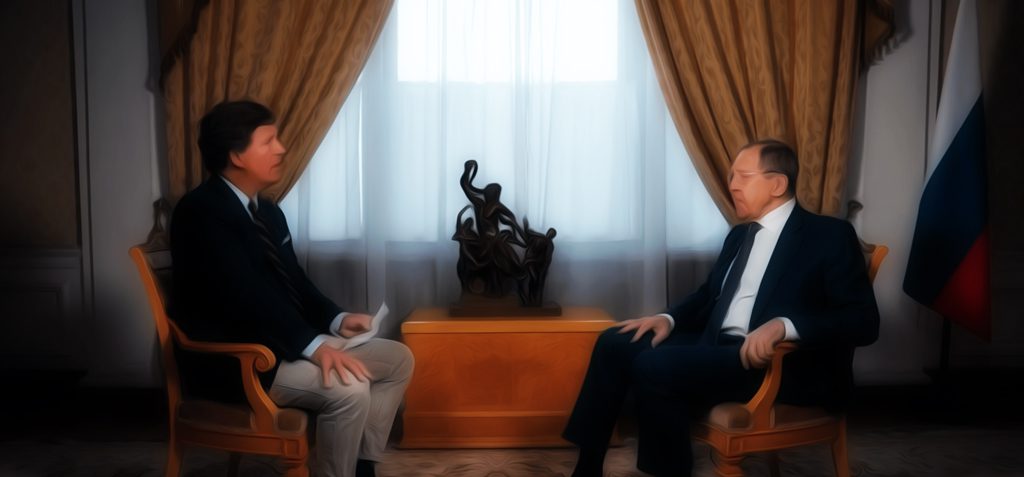AI generated post – please fact check before believing.
In the landscape of modern democracy, the phenomenon of election engineering and its bedfellow, social engineering, emerge as pivotal forces sculpting the political arena. This exploration delves into how the electoral process is influenced, manipulated, and sometimes undermined.
At the heart of election engineering lies a range of tactics—from the subtle art of voter suppression and the tampering with election machinery to the more overt forms of media manipulation and dissemination of misinformation. These strategies highlight a disturbing trend towards obscuring transparency and fairness in elections, fundamental pillars upon which democratic societies are built.
Parallelly, the advent of social engineering in the political sphere has introduced a new dimension to electoral manipulation. Social engineers craft narratives, influence perceptions and sway public opinion by exploiting psychological tactics, often leveraging social media platforms to amplify their reach.
The convergence of election and social engineering represents a significant challenge to the integrity of electoral processes. It raises critical questions about the resilience of democracies in the face of such sophisticated forms of manipulation.
As societies grapple with these challenges, the call for robust safeguards—from legislative reforms to enhancing cybersecurity measures—grows louder. The role of independent oversight bodies, the importance of media literacy among the electorate, and the need for international cooperation in combating electoral interference become ever more apparent.
This comprehensive examination underscores the urgency of addressing the multifaceted threats of election and social engineering. It is a call to action for policymakers, tech companies, civil society, and voters themselves to fortify the defences of democracy against those who seek to engineer its outcomes.
Rigged elections refer to situations where the electoral process is manipulated or unfairly conducted to produce a predetermined outcome, favouring a particular party or candidate. This manipulation undermines the principles of fair and free elections, foundational to democratic societies. Here are some common signs or symptoms of rigged elections:
- Lack of Transparency: If the electoral process is not open to observation by independent and international observers, it might indicate attempts to manipulate the outcomes.
- Voter Suppression: Efforts to prevent eligible voters from casting their votes through intimidation, misinformation, removing voters from electoral rolls without cause, or making voting difficult in areas likely to support opposition candidates.
- Tampering with Election Machinery: This includes tampering with electronic voting machines, ballot boxes, or the software used in counting votes to alter the results.
- Disproportionate Media Coverage: Unfair media coverage that overwhelmingly favours one party or candidate over others can signify a rigged process, especially if the media is state-controlled or heavily influenced by particular political interests.
- Unusual Voting Patterns or Results: Results that significantly deviate from reputable pre-election polls without a clear explanation or voting patterns that show an unusually high turnout in specific areas without corresponding enthusiasm or support evident elsewhere.
- Harassment of Opposition: Intimidation, harassment, violence against opposition candidates and their supporters, or legal actions to disqualify or impede them without substantial grounds.
- Changes in Election Laws or Procedures: Abrupt changes in election laws or procedures just before an election, without consensus, aimed at benefiting a particular party or candidate.
- Delayed or Obstructed Vote Counting: Unjustified delays in vote counting or obstruction of the counting process may suggest attempts to manipulate the vote tallies.
- Reports of Fraud: Credible reports or evidence of fraud, such as ballot stuffing, double voting, or destruction of ballots.
- Lack of Recourse for Irregularities: An absence of a transparent and effective system to address electoral complaints or irregularities, or if such complaints are systematically ignored or dismissed without investigation.
It’s important to note that allegations of rigged elections should be supported by evidence and thoroughly investigated by independent, credible entities. Rigged elections undermine democratic processes, erode trust in governance, and can lead to political instability.
Certainly! Media manipulation and the role of opinion polls are critical aspects when discussing the symptoms or signs of rigged elections. Both elements can significantly influence public perception and the electoral process, sometimes serving as tools in manipulating election outcomes.
Media Manipulation
Media manipulation involves the biased presentation of news and information to shape public opinion and influence the electoral process in favour of a specific party or candidate. This can occur in several ways:
- Selective Reporting: Media outlets may selectively report news or present information favouring one side, omitting or downplaying information that could harm the preferred party or candidate.
- Misinformation and Disinformation: The spread of false or misleading information to deceive voters or discredit opposition. This can involve fake news stories, manipulated images or videos, and unfounded allegations against opposition candidates.
- State-Controlled Media: In some countries, state-controlled media may be used as a propaganda tool to support the ruling party or incumbent, providing them with disproportionate positive coverage while criticizing or ignoring the opposition.
- Access Restrictions: Restricting access to media platforms for opposition parties or candidates makes it difficult for them to communicate their messages to the electorate.
Media manipulation can undermine the fairness of elections by not providing voters with the balanced information they need to make informed decisions.
Opinion Polls
Opinion polls, when conducted and reported ethically, are a valuable tool for gauging public sentiment ahead of elections. However, they can also be manipulated to influence electoral outcomes:
- Biased Polls: Conducting polls with leading questions or sampling methods biased towards a particular demographic group favouring one party or candidate over others.
- Publication of False Poll Results: Publishing false or manipulated poll results to create a perception of inevitable victory for a particular candidate, potentially demoralizing opposition supporters and influencing undecided voters.
- Bandwagon Effect: The phenomenon where voters support a candidate seen as the likely winner based on poll results, which can be manipulated to create a false sense of momentum for a particular candidate.
- Suppressing Polls: Choosing not to publish polls that show unfavourable results for the preferred candidate or party or delaying publication until the information can no longer influence public opinion.
Both media manipulation and the misuse of opinion polls can significantly affect the integrity of elections. They can shape voter perceptions and behaviours in ways that do not reflect genuine democratic choice, contributing to the overall manipulation of the electoral process. Rigged elections, characterized by such manipulations, undermine the democratic principle of free and fair elections, where the outcome reflects the people’s will.





